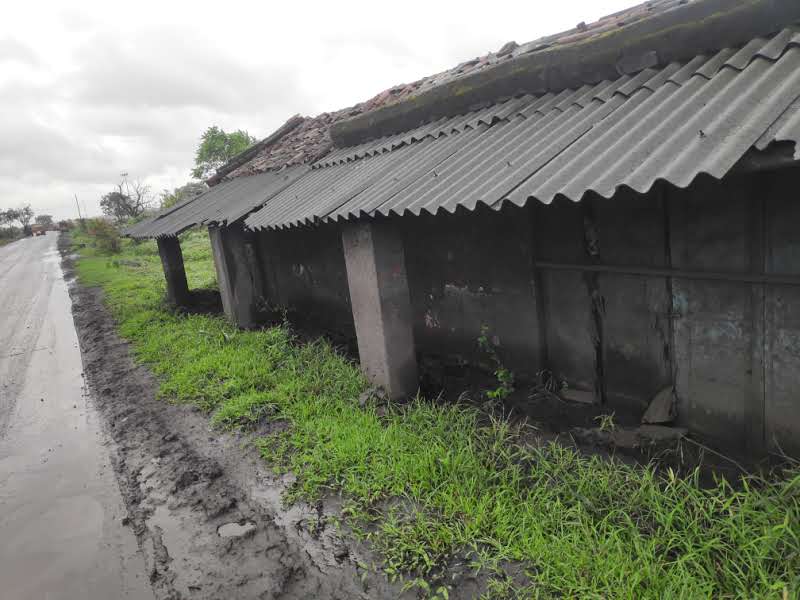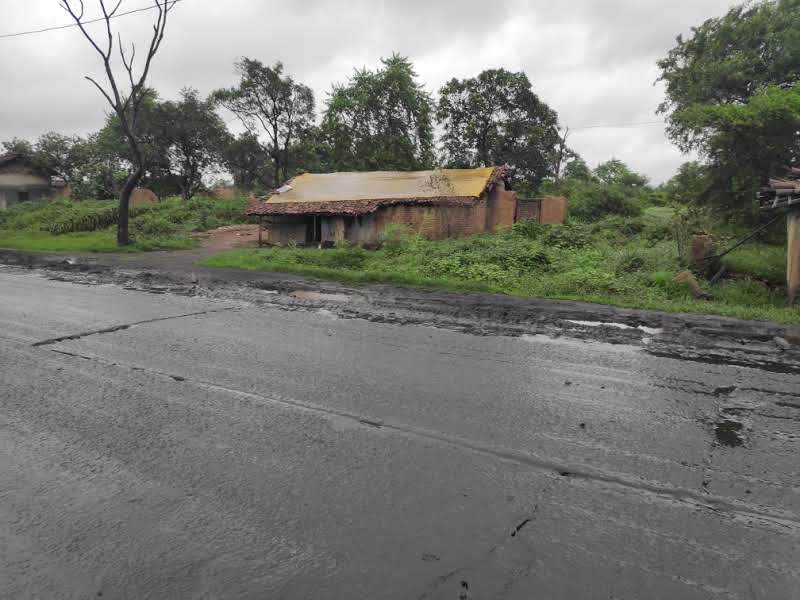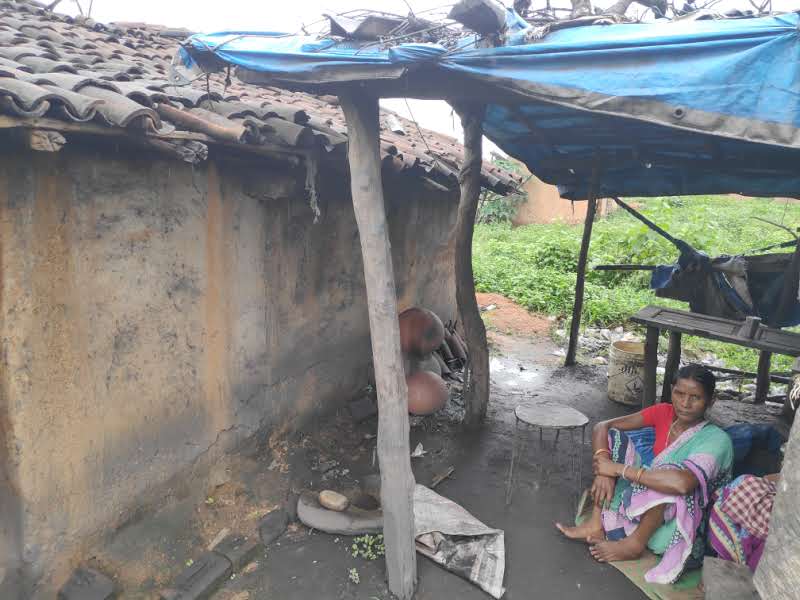
I remember how my school teachers would humiliate kids who didn't do their homework by asking "haven't you eaten today? If you dont forget to eat how did you forget to do the homework?''
(1/9)
(1/9)
Many of my classmates came from marginalized backgrounds: children of labourers, diary farmers, autorickshaw pullers, sanitation workers. They often came, actually, came to school hungry. They cut down on meals to save money. Worked in evenings instead of completing homework.
The humiliation at school also sometimes involved the cleanliness of the clothes they were wearing or their handwriting or their exam scores. Cleanliness was next to godliness for teachers. Calligraphy and arithmetic was a sign of true ''merit"
(3/9)
(3/9)
Meanwhile, we the privileged kids, came in neatly pressed uniforms(we could afford paid laundry). Came well fed and ready to learn. Had the time to practice cursive writing. Had a sibling or parent who was also educated so got help with our homework.
(4/9)
(4/9)
None of the homework that majority of the rich kids did, shaped them. We read Charles Dickens but didn't empathise with David Copperfield. We knew the preamble but didn't have to care about justice. We remembered how metals were processed from their ore but had never seen a mine
The underprivileged had the lived experiences about which we learnt second hand. Yet we scored better at the exams because we could pull off a performance of knowledge: something our ancestors were great at too. The pretence of education,validated by yardsticks we set ourselves.
This formal education was marketed as intellect or merit and the privileged kids grew up to be financial experts, supervisors and CEOs. The life-long performance paid well with social mobility.
Meanwhile working class kids inherited the work but no class.
(7/9)
Meanwhile working class kids inherited the work but no class.
(7/9)
What they called homework in school turned out to be merely an useless assignment. The true home-work, household labour or helping the family agricultural work, didn't help in scoring. The poor kids were asked to ''work harder" as if they already weren't.
(8/9)
(8/9)
Schooling was never equal in this sense. The experience of studying was a function of caste and class. Yet everyone was asked to take the same exams and prove themselves on the basis of the same parameters. This was the 'merit' one didn't really acquire, but was born into.
(9/9)
(9/9)
• • •
Missing some Tweet in this thread? You can try to
force a refresh






